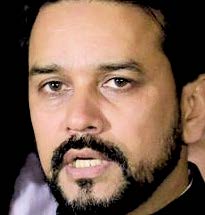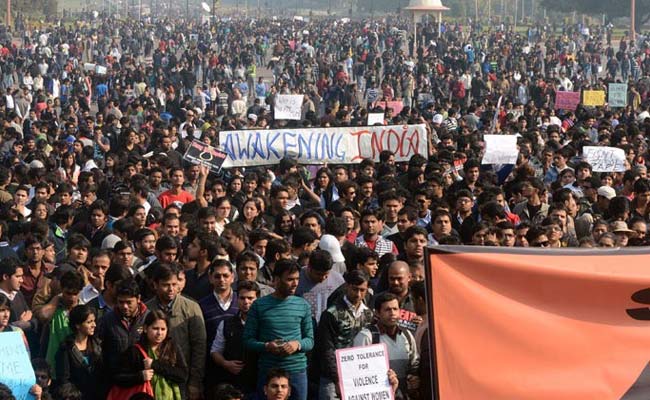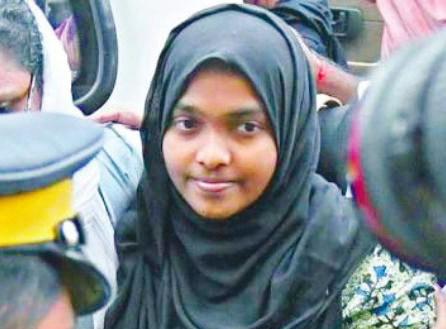
The apocalypse that threatens to raze the BCCI to the ground is mostly the doing of its own officials. The present office-bearers are getting the stick from the Supreme Court but their predecessors were just as involved with the practice of getting things done their way.
Most of the reforms the Lodha Committee has suggested will put an end to that practice. The BCCI has accepted some of the recommendations but a closer look would reveal that they are against every amendment that threatens to prune the wings of the top officials.
One of the biggest reforms suggested is to do away with politicians and bureaucrats in the BCCI hierarchy. That would deal a massive blow to the way a state association functions. Political connection is intrinsic to getting quick clearances in matters relating to cricket. Had it not been for Anurag Thakur’s political connection, getting the players’ visa for the quickly fixed T20 series against West Indies in the US would have been difficult. Almost all associations have politicians in their ranks so that it aids cutting through the red tape. Politicians too like to hobnob with cricket officials because this is one sure shot way of getting more popular.
The age cap of 70 years is another recommendation the BCCI is unhappy with it. If this is implemented, most state associations might lose their top officials. Some state association officials say that the BCCI is being unfairly targeted when most sports federations are yet to implement this rule. “Forget sports federations, even the government doesn’t have this rule when it comes to electing a president or Prime Minister. Then why should we be singled out,” said an official on condition of anonymity.
The bigger worry in this case for officials who are above or nearing 70 is that this could act as a clean-up after which only former cricketers would be available and eligible to run cricket. In many parts of the country, there still exists the belief that cricketers who play and understand the game well need not be great administrators. Most of the former players who try their hand at administration are either hounded out or leave due to frustration. Ask Anil Kumble or Javagal Srinath and they can give a first-hand account of that.
Under ‘Better management of BCCI and IPL’, the Lodha Committee report states that grants shouldn’t be used for maintenance of club or to subsidise expenditure. Unfortunately, most state associations are guilty of refusing to build a revenue model of some kind. It boils down to the administration, which in most cases hasn’t changed in years. The tenure cap of nine years with cooling-off periods in between is exactly what the BCCI and the state associations need.
This allows fresh ideas to come in but the BCCI feels that it would lead to an unnecessary break in an innings that might be just taking off. What is interesting here is that the Lodha Committee hasn’t put a bar on how the cooling-off periods can be used. An Apex Council official can easily return to his state association for a stint but it is not the work but the profile, it seems, that is the draw.
The BCCI has even opposed the suggested composition of the Apex Council. The Lodha Committee report said that it should consist of the five elected office bearers of BCCI (president, vice-president, secretary, joint secretary and treasurer), four other ‘councillors’ –two (one male, one female) to be nominated by the Players’ Association which is to be formed, one to be elected by the Full Members of BCCI from among themselves and one to be nominated by the Comptroller & Auditor General of India.





Be the first to comment